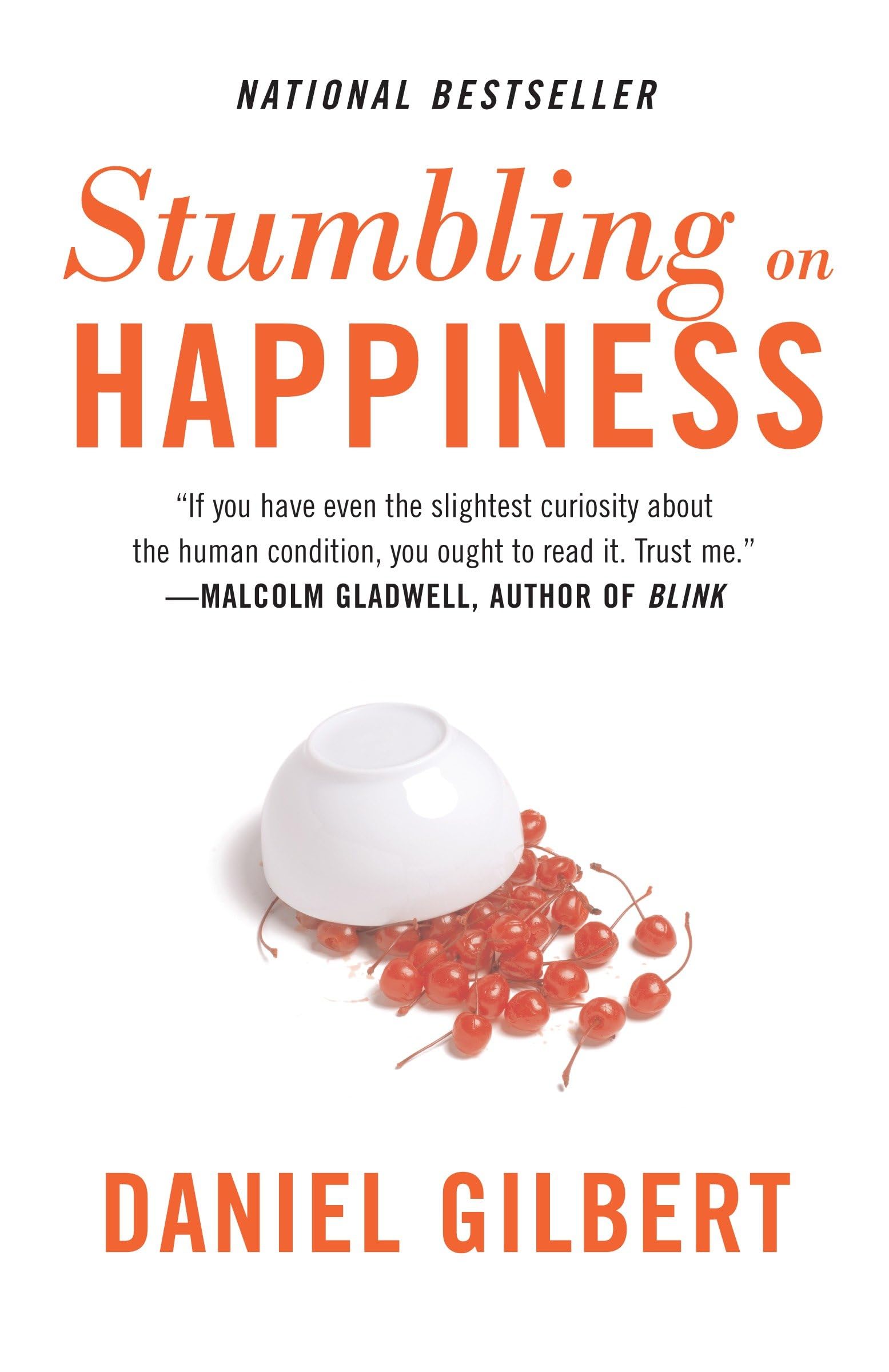Found in 2 comments on Hacker News
yboris · 2021-12-18
· Original
thread
Studying Positive Psychology feels like a good benefit-for-time-spent. A great book on it is Stumbling on Happiness by Daniel Gilbert. It's a great overview of how error-prone our predictions about what will make us happy are; along with, if I remember right, good advice for how to maximize happiness (alternatively, read The How of Happiness for more-direct advice).
https://www.amazon.com/Stumbling-Happiness-Daniel-Gilbert/dp...
https://www.amazon.com/How-Happiness-Approach-Getting-Life/d...


One gem from the field: If Money Doesn't Make You Happy Then You Probably Aren't Spending It Right [0].
Great books from the field: Stumbling on Happiness by Daniel Gilbert [1] and The How of Happiness by Sonja Lyubomirsky [2]
[0] https://scholar.harvard.edu/files/danielgilbert/files/if-mon...
[1] https://www.amazon.com/Stumbling-Happiness-Daniel-Gilbert/dp...
[2] https://www.amazon.com/How-Happiness-Approach-Getting-Life/d...